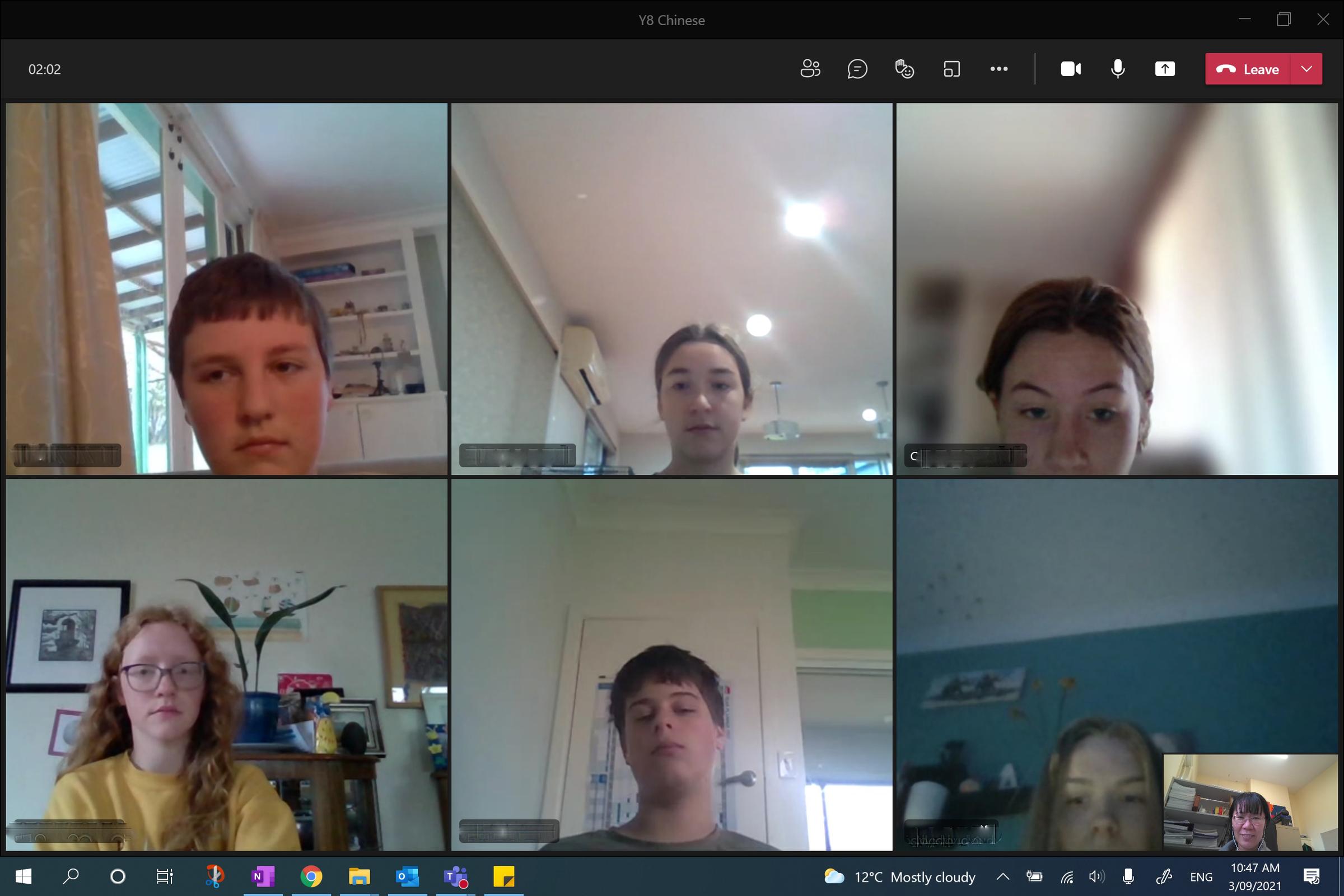Middle Years

Academic Buoyancy
This year, more than in past years, students need academic buoyancy. Buoyancy is the key to students bouncing back from academic setbacks and the typical challenges they face. Buoyancy in this context has also been referred to as academic resilience. When a person is resilient, they are able to recover quickly from challenges or difficulties. Buoyancy refers to the ability of students to successfully deal with the everyday academic stresses of school life, which is described as ‘low level academic adversity’. We need to teach students how to adjust their thinking, behaviour and emotion to navigate the adversity. Remote learning may be considered an adversity (or a benefit, depending on your point of view).
If remote learning is considered an adversity:
- How can students work through the challenges to build academic buoyancy?
- What proactive steps can they take?
- How can they shift their mindset, to a growth mindset?
- How can they see the adversity as an opportunity?
- How can they reach out for help?
- Can they rebound quickly from the challenges of lockdowns?
Academically Buoyant Teenagers :
- They are persistent, have a feeling of control over their studies and back themselves.
- They plan ahead to meet deadlines.
- They have composure; they have a calm confident mindset that they can success with remote learning tasks.
- They have confidence and knows their strengths. They know that a low test score is temporary and can be improved with more practise.
- They have positive relationships with their teachers, who have high expectations.
- They understand that successful learning requires time and effort. They also understand that a failure in the present does not predict failure in the future.
- They have control. They believe that they can achieve better outcomes in the future, and that they have the ability to overcome daily challenges.
- They are organised. They have learnt strategies to manage their time, and plan ahead. Learning to break down larger or difficult assignments into smaller tasks, with daily deadlines for completion, is a key life skill.
Our role is to help students celebrate small successes, work through the challenges, and find the motivation to keep going. Buoyant teenagers recognise that the daily setbacks associated with school are temporary and non-threatening. A period of remote learning does not endanger long-term success.
While acknowledging that this period is challenging, I am hopeful that we can foster academic buoyancy, combined with optimism.
When we are back to face to face, the key is to quickly ‘pick up where we left off’, this means to adjust smoothly back into normal school routines, connect with friends, review with teachers, and do this as seamlessly as possible.
Mrs Julia Winter Cooke
Head of Middle Years
